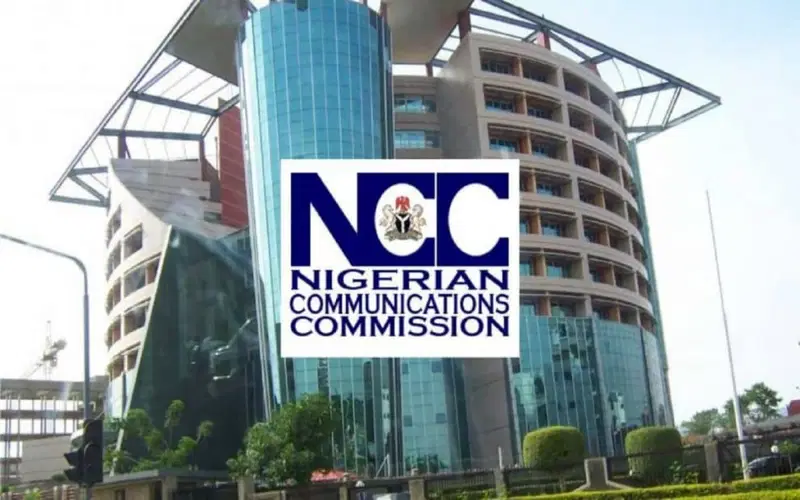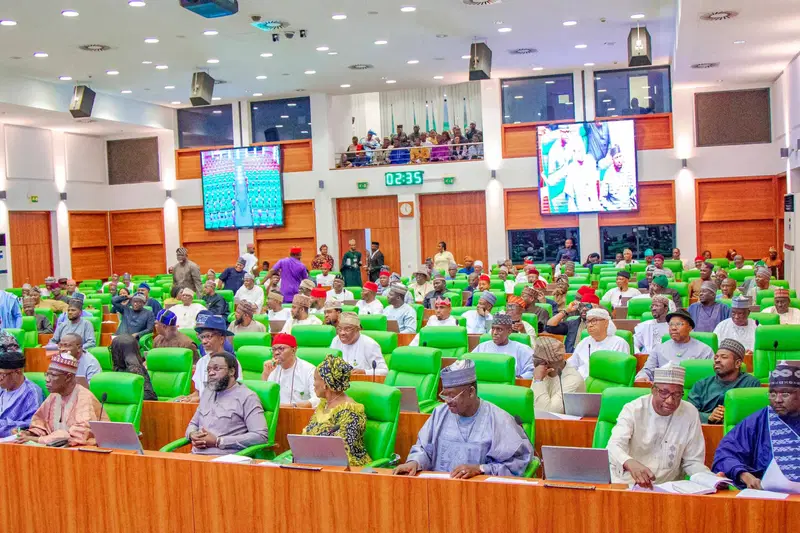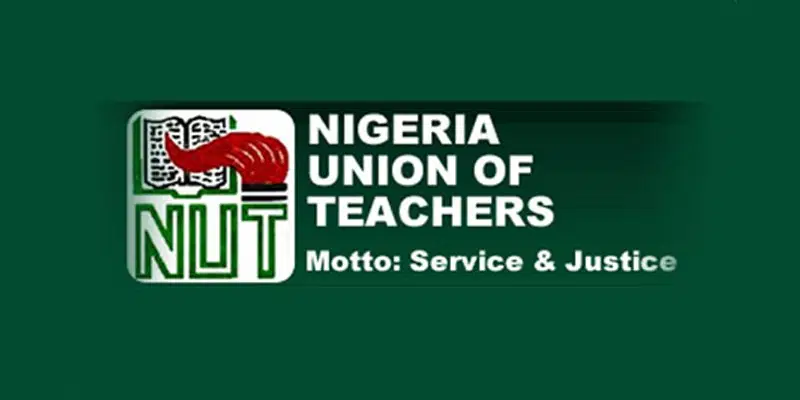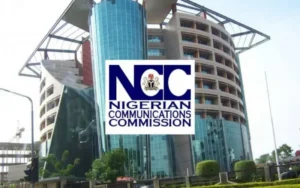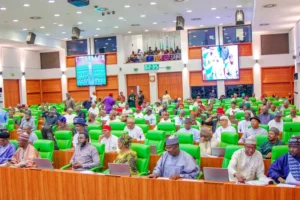- Key Points:
- Fuel Crisis: Nigeria’s fuel crisis has become a symbol of poor governance, with false promises and unfulfilled expectations.
- Dangote Refinery: The refinery’s commissioning was touted as a solution to fuel scarcity and high prices, but reality has fallen short.
- Broken Promises: Promises of job creation, resuscitated refineries, and deregulation of fuel prices remain unfulfilled.
- Lack of Transparency: Government officials and private sector providers have been accused of dishonesty and lack of transparency.
The fuel crisis in Nigeria has become a stark reminder of the country’s governance issues. The Dangote Refinery, commissioned with much fanfare, was supposed to end fuel scarcity and queues, create 150,000 jobs, and crash petrol prices. However, these promises have proven hollow ¹.
Instead, Nigerians have been left dealing with a worsening fuel crisis, with prices skyrocketing to N1,200-N1,300 per liter. The situation has been exacerbated by under-dispensing of fuel at filling stations, further exploiting already frustrated citizens.
As James Baldwin once said, “If they go about solving the problem this way, how many more problems will they have created by the time they are through?” This quote resonates deeply in Nigeria’s current situation, where the government’s handling of the fuel crisis has only led to more problems.
The lack of transparency and honesty from government officials and private sector providers has eroded trust. As I.F. Stone aptly put it, “Every government is run by liars; and nothing they say should be believed.” This culture of dishonesty has become a hallmark of Nigerian politics.
To move forward, Nigeria needs a shift towards transparency, accountability, and honest governance. Only then can the country begin to address its deep-seated issues and provide relief to its citizens.



